Anita had not expected a large audience, actually, on this occasion, but had expressly come to speak to the cast of Playing for Time, the Arthur Miller play based on the memoir of Fania Fenelon. Anita had been a member of the women's orchestra at Auschwitz, which is what the play is about. At the time of the play's writing, she and some other survivors of the women's orchestra had been to see Arthur Miller, and asked him to amend the text. Apparently he declined their request to change the piece, for whatever reasons he had.
They said Fenelon's book misrepresented the truth as they saw it, that the women in this group had not been bitchy and critical of each other, but had supported and cared for each other, and that it was only this that had got them through. They would look out for each other, and if they noticed that one of their number had stopped washing, for example, they would exhort them to start again, for they knew that this was a very bad sign of giving up the struggle to go on.
The power of this lecture lay in the fact that Anita Lasker Wallfisch, though now in her seventies, was speaking to the Sixth Form girls of her experience at their age, still painfully fresh in her memory. She was born and raised in Breslau (now Wroclaw, Poland), and when her parents were transported to the camps, she and her sister Renata, then in their mid-teens, were not deported as they were working in a paper factory. They took part in underground activities, helping to forge papers for French slave labourers to cross back into France.
She told a story of their group leader issuing them with cyanide pills, in case they got picked up by the Gestapo. One day, he asked them for their pills back, saying that he would return them shortly, which he did. When they were arrested, soon after, as they were trying to escape to France, Anita and her sister took their pills, but nothing happened. He had replaced them with sugar pills. He must have had his reasons for this action, but after the War when Anita met him again, and remonstrated with him, he asked her whether she was not glad, as after all she and Renata had survived.
They were initially held in cells in Berlin, and then they were both sent, on different dates, to the extermination camp at Auschwitz. Anita arrived first. When she was being processed on arrival, the young woman (a Jewish prisoner herself) cutting her hair remarked on her pretty shoes. Anita had spilt some ink on these shoes some time back, and had dyed them black, and then decorated them with little red pom-poms to cheer them up. Anita had heard the stories about the camps - she had an idea of what was in store - and said to the girl she would be welcome to have them as she would not be needing them. When the girl asked Anita what she did before the war, she mentioned that she played the cello, and at this the girl said that she would send someone immediately to Alma Rose, who had asked always to be told if a musician arrived - she needed players for the women's orchestra. There were several orchestras or bands at Auschwitz made up of Jewish players, who were required to play not only when surviving prisoners went in and out to work duties, but also for the SS in off-duty hours. The women's orchestra was directed by Alma Rose, herself an inmate, and the niece of Gustav Mahler. The standard was expected to be high, in spite of the obvious depredations the players were subject to, and rehearsals were rigorous. Alma Rose knew that their lives depended on the quality of their playing.
Anita was accepted for the orchestra - they lacked a cellist. About a week later, another stroke of fate saved her sister. On her arrival at Auschwitz, again in the hair-cutting room, she spotted Anita's distinctive shoes being worn by one of the girls, and on asking her where she had got them, told the girl they had belonged to her sister. A messenger was sent by the girl straightaway to Anita, who begged Alma Rose to take her sister in. Alma Rose agreed to do so, and said she could be given a job as a runner for the orchestra. The girls both survived Auschwitz, and were sent to Belsen on the same transport as Anne Frank.
I asked Anita after the lecture whether they had played Beethoven, and she said no, that Beethoven, the great German composer, whose work she loved and admired, was not music they had played in the camps. The usual fare requested was light music, for example Franz Lehar.
After the war Anita met up with another survivor, Peter Wallfisch, who she had known as a schoolboy in Breslau. They were married, and were to go on to musical careers, Anita playing cello with the English Chamber Orchestra. Anita said that she was able to travel to Germany with the orchestra and easily converse with young Germans, but that with those who had lived in the War, she always felt uncomfortable, and could never help wondering whether she was looking at the person who had contributed to the transport and murder of her parents.
Raphael Wallfisch, the son of Anita and Peter, has become a great cellist himself, and his son, Benjamin follows in his footsteps. Anita, as so many Holocaust survivors, worked hard at building a new life in England, and did not dwell on her wartime experiences, but felt, when she had brought up her family, that she should put down her story for their benefit, and wrote her memoir Inherit the Wind. It takes its place in the body of work which records the appalling events of the Nazi Holocaust.
Anita is in her late eighties now. I understand she still spends time speaking to groups of schoolchildren about her story. In 2011 she received an Honorary Doctorate from Cambridge
University.
Website about Music and the Holocaust: www.holocaustmusic.ort.org
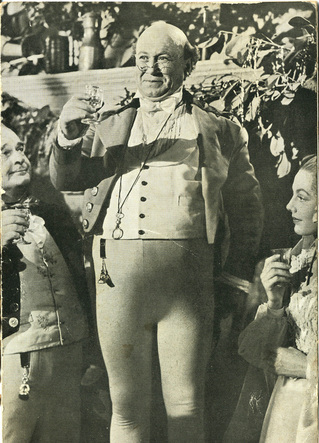
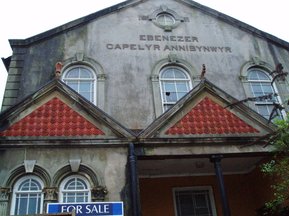
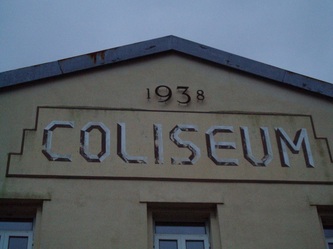
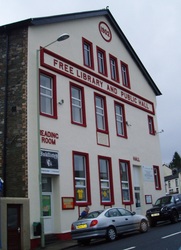
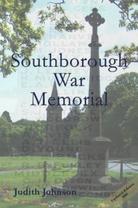
 RSS Feed
RSS Feed
